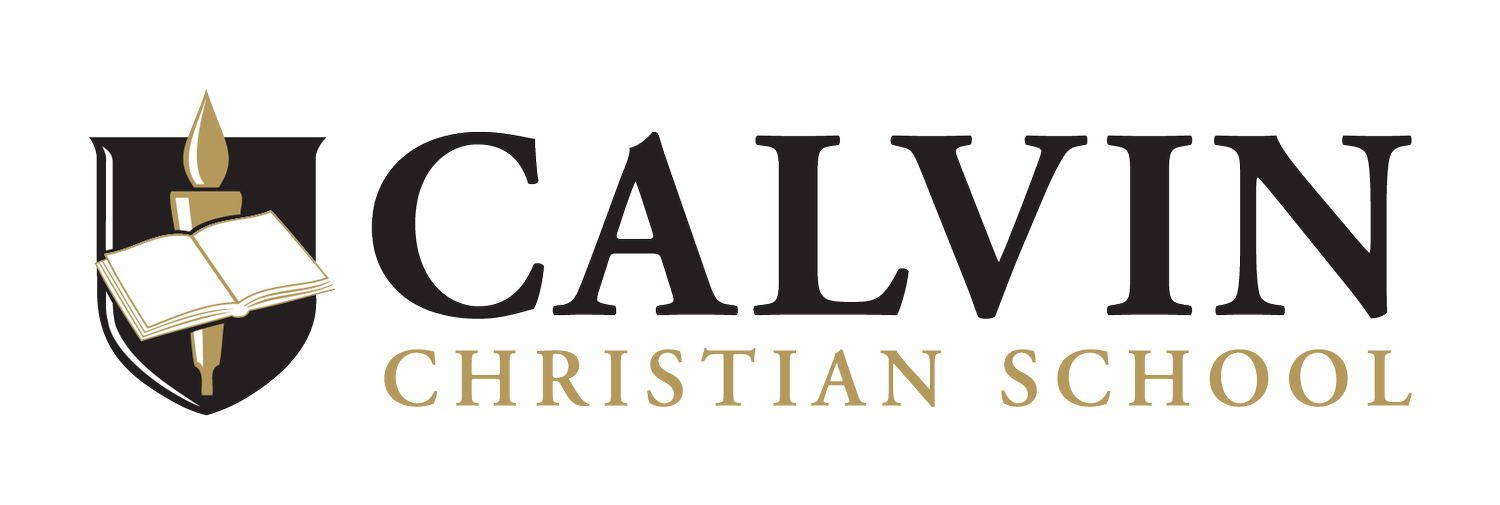Earlier this year, I walked past a group of Prep students in the courtyard who were excitedly talking about their German lessons and the German words that they knew.
They were keen to tell me about their new-found skill, saying in no uncertain terms ‘I can speak German’! From there they proceeded to rattle off a series of German words and phrases and laughed at my poor attempts. They were enjoying the new sounds of a different language and the idea that they could create meaning in this way.
I had a similar response more recently from a group of Year 7 students explaining to me what they were creating in Textiles and working away with increasing confidence on their ‘blanket stitch’. These stories are repeated across classes and year groups as students explore new areas of learning or engage more deeply in growing areas of knowledge.
One of our new teachers shared with me how exciting it was to be in a school where students wanted to try new things, to get involved and, in their teenage years (often an age of introspection), were able to share enthusiasm for something new. This ‘love of learning’ is a precious thing and can wax and wane according to subject and levels of interest, of course. However, the links to engagement and an individual’s wellbeing is important.
“This ‘love of learning’ is a precious thing and can wax and wane according to subject and levels of interest, of course.”
Recently, the Secondary staff spent three staff meetings exploring the question of student engagement. Our guest for those sessions, Dr Jeff Thomas reminded us of the power of these links and shared the following quote with us: ‘If a student has a strong engagement with education they are more likely to attend, participate, invest in their learning and behave in a productive way in the class’ (Fredricks et al., 2019).
This was reinforced at a recent session that Mrs Carmichael and I attended on wellbeing where the speaker (Dr Donna Cross) emphasised that our mental wellbeing is influenced by our passions and how we feel about our environment (home and school). She said that those passions have a protective factor for our wellbeing when we see the value in what we are doing. We have students pursuing their passions in many ways, whether that is leading a Bible study, welding metal, or any one of a range of pursuits.
Of course, we do not necessarily love everything that we do, but our attitudes and approaches can speak volumes about our sense of self and personal wellbeing. Our teachers work to engage and develop our students but it is a two-way street. Sadly (and this is true of me as well), I have heard many adults reflect on their lost opportunities and share words like ‘I wish I had paid more attention to…’ or ‘I wish I had learnt…’.
Developing and maintaining that sense of wonder in our children is so important in their growth as individuals, their sense of connection, and their wellbeing. The writer of the Psalms records the power of that sense of wonder when he (David) writes ‘The heavens declare the glory of God; the skies proclaim the work of His hands. Day after day they pour forth speech; night after night they reveal knowledge’. Pray for our children as they navigate these pathways, that God will reveal to them areas of passion and growth.
Scott Ambrose — Principal




